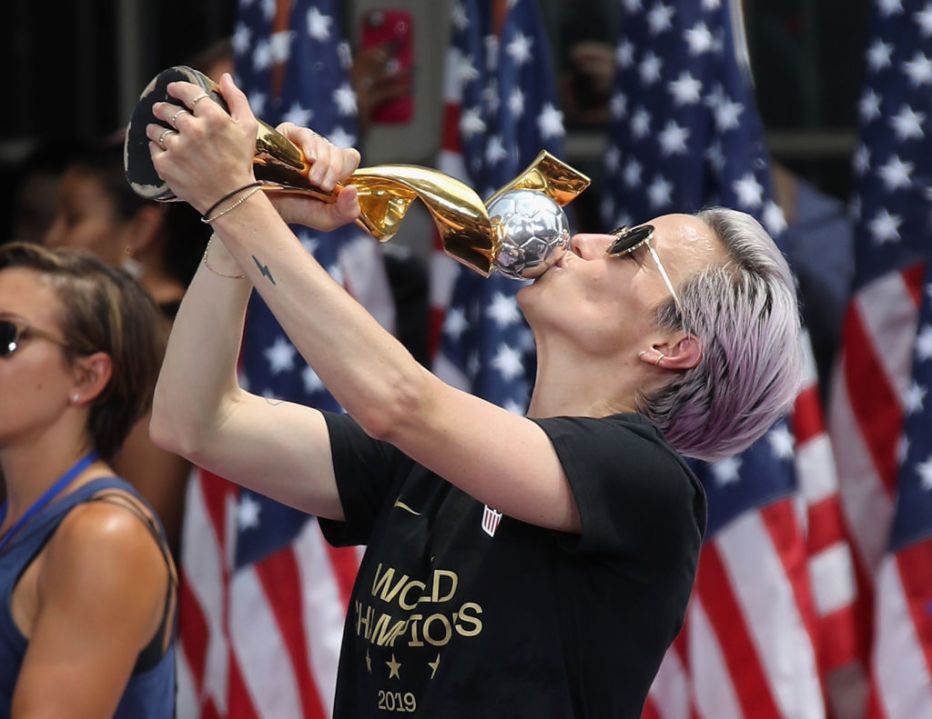I hate football. Wait, that’s a bit strong, I’ll rephrase: I have no interest in watching a bunch of grown men chase a piece of leather around a pitch while fans either wallow in devastation, or smugly taunt the opposition with their triumph: “we won!” You had nothing to do with it, mate. You were sat on the sofa.
Perhaps my distaste comes from this weird tribalism. Perhaps it’s because, when I do watch these globally-revered footballers, they just don’t seem that good. I mean, if you’re paid that much and train that much, surely, when you take a penalty, you should never actually miss the target? But maybe there is another reason. My only experience of football is as an observer, not a player. And there’s something about watching a pursuit that you have actually taken part in that makes it much more meaningful, as though this is something you could be a part of.
I’ve played lots of sports over the years, competing at various levels. Netball, lacrosse, athletics, tennis, dance. But football wasn’t on offer for girls twenty years ago, at least not at my school.
Of course, it is great that this has changed. Seeing women’s football grow and begin to gather its own fan base, advertising, TV time and money is hugely exciting. It means that for a generation of girls growing up today, becoming a professional footballer is a valid aspiration, a real career possibility.
This is a welcome change: a generation ago, even for those high-school athletes who excelled, being a professional lacrosse player, for example, was never really a feasible option. Where boys played cricket, we had rounders, and who ever heard of making one’s millions at rounders? Save for a few individual disciplines – athletics, tennis, swimming, gymnastics – there simply wasn’t a pathway to professional sport for young women. So what were we telling our girls? That it was OK to play at competition, to muck around with teams while they were young, but not to take it too seriously, not to truly aspire, not to imagine they could actually become?
It is wonderful that, through women’s football, these barriers are beginning to fall. But I can’t help feeling a little sorry and nostalgic for more traditional women’s sports that are being sidelined in this hype over women’s football. Despite a noticeable drive to increase media coverage for some of them, there is still, relatively speaking, barely any investment or visibility in team-based female pursuits such as lacrosse or netball.
It also seems a pity that the current breakthrough in female team sport is in a game that has always been a male one: football. Why must we imitate men to get anywhere? Why can’t men watch netball?
If we are going to continue to teach our school-girls netball and the like, if we are going to make these the staples of their formative sporting years, then there must be a serious, viable career pathway for them in these arenas too.
So while cheer the Lionesses, I can’t help feeling frustrated. Success for women’s football is one thing, but we need more. We need the UK’s governing sports bodies, and the media, and sports brands, to invest in all the other incredible women’s sports that also exist. We need netballers advertising trainers, and lacrosse kit on sale at JD Sports. We need our girls to turn on the TV and see the skill and talent of the women at the top of these games, to make these role models visible. Because we need our girls to know that for them, as well as for boys, sport may be something we play at, but it is not merely a schoolyard game.






Comments